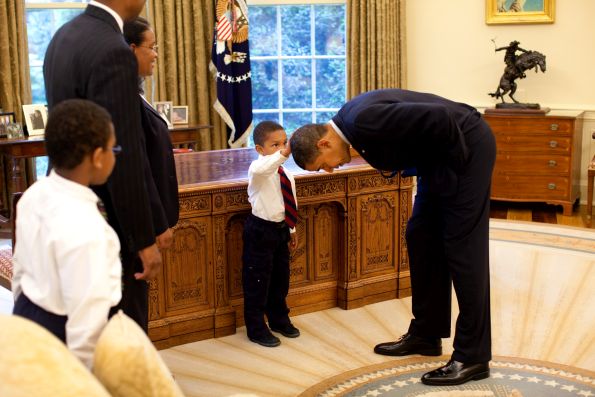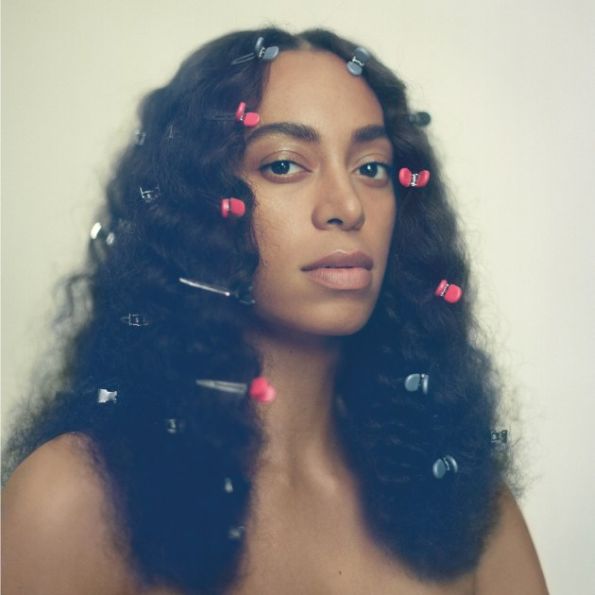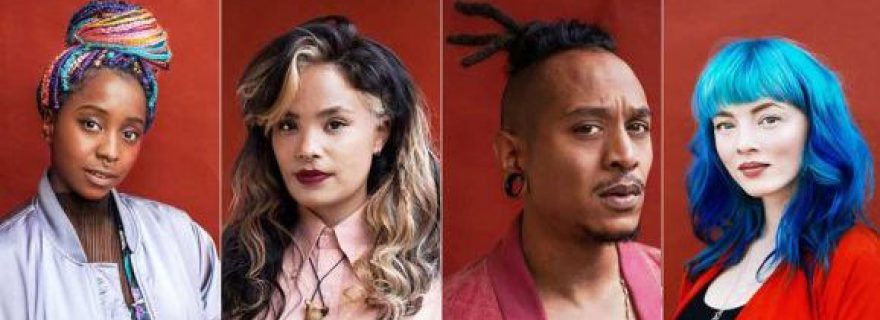‘Hairstyle Politics’: Decolonizing Beauty Standards
In the seventies having a beard meant you were a ‘hippy’; now it’s the sign of a ‘hipster’. Over time, many hairstyles have been stereotyped. Now, the natural hair movement attempts to liberate black people from suppressive postcolonial norms.
'Hair is the feelings I wear'
“Don’t touch my hair, as it’s the feelings I wear”, these lyrics by Solange Knowles describe the sensitive note that has been given to hair and its symbolic reflections on society.
The ‘Afro’ in the seventies was a symbol for the African Pride and emancipation movements, and even today black hair is part of a political message. This blog will explore the gendered and political message of black hair by taking a closer look at the natural hair movement that has become an important influence in the debate about decolonizing beauty standards.
Sexuality and hair
Early western debate about hair was mainly focused on femininity. Take Sigmund Freud for example. In the beginning of the twentieth century, he wrote an essay about how women’s hair symbolizes their femininity and can cause castration anxiety among males. The anthropologist Edmund Leach wrote in 1958 that head hair is an indicator of sexual potency: hair serves as a metaphor for semen, hair cutting for castration, and long hair for unrestrained sexuality.
The anthropologist Hallpike (1969) reinterpreted Leach’s work by stating that hair is not a sexual metaphor but a social one: cutting hair symbolizes social control. Early feminist discussions by de Beauvoir (1961), Bordo (1989), and later Butler (1993) focused on these gendered and social constructions of the female body. This use of women’s hair in research is symbolic of the way hair is used for social and gendered constructions of society.

A white house staffer's African American son touches President Obama's head, checking to see if their hair feels the same. Photo by Pete Souza/The White House
Afro pride
Recently the aspect of race has become more significant in the debate. Since the days of colonialism and slavery, black hair has been an inherent symbol and component of the power structure created by colonizers. Enslaved Africans with hair similar to whites were treated better than people with ‘nappy, kinky or bad’ hair (more densely afro-textured hair).
This cultural violence against afro-textured hair has influenced generations among the African Diaspora. An ethnographic study by Ingrid Banks in 2000 shows the considerable impact of hairstyle politics on the self-identity of Black American women caused by their heritage and the hegemonic white beauty standards they are confronted with. In the same year, the natural hair movement was born: an emancipation movement that encourages women to wear their natural afro-textured hair and to stop conforming to Eurocentric, white, beauty standards.
Raising awareness
This raising awareness for the appreciation of black hair has started many social, political, and artistic initiatives around the world. In August 2016 a girl at Pretoria High School in South Africa protested against the school policy that prohibits girls from wearing their natural black hair. The Ugandan writer and DJ Kampira Bahana started a pop-up hair salon, where they approach black hair as a science and an art.
Also in the Netherlands the subject has gained more attention: in June of last year, the Tropenmuseum in Amsterdam organized a ‘Good Hair Festival’ that displayed the visual richness of African hairstyles and celebrated the diversity in hairstyles among cultures, especially for black hair. It is important to see this growing awareness among women around the world, as it is an example of changing perceptions about women’s beauty.

Album cover for 'A Seat at the Table' by African American singer Solange Knowles.
A new hair movement
Meanwhile, women’s black hair has become a symbol used to empower those who fight against race inequality and institutionalized racism. The movement is already very influential in America and many countries in Europe and Africa.
Its popularity is also apparent in the media, through celebrities like Alicia Keys, Solange Knowles, and Janelle Monaé who celebrate their natural hair, but also through blogs and vlogs by girls of African descent showing the process of reverting to natural hair.
On the other hand, the natural hair movement has been criticized for still operating within white beauty standards and for the idea of colourism: the main faces of the movement were reduced to a light-skinned and loose-curled woman who is not representative of many girls with various natural hair types.
Suppressive norms
Let’s not forget either that for many women hair is just hair, and the choices they make are guided by convenience and ease rather than politics or sexual preference, even if these choices are subsequently judged according to a social or political interpretation.
Perhaps more importantly, though, the natural hair movement creates a space that is being used to redefine black femininity and beauty. This space allows women to take control of this definition and disconnect it from the suppressive norms of global, homogenous beauty standards. Beauty standards are equally important in fashion and politics, and in both these contexts they offer us an opportunity to reflect on society.



0 Comments
Add a comment